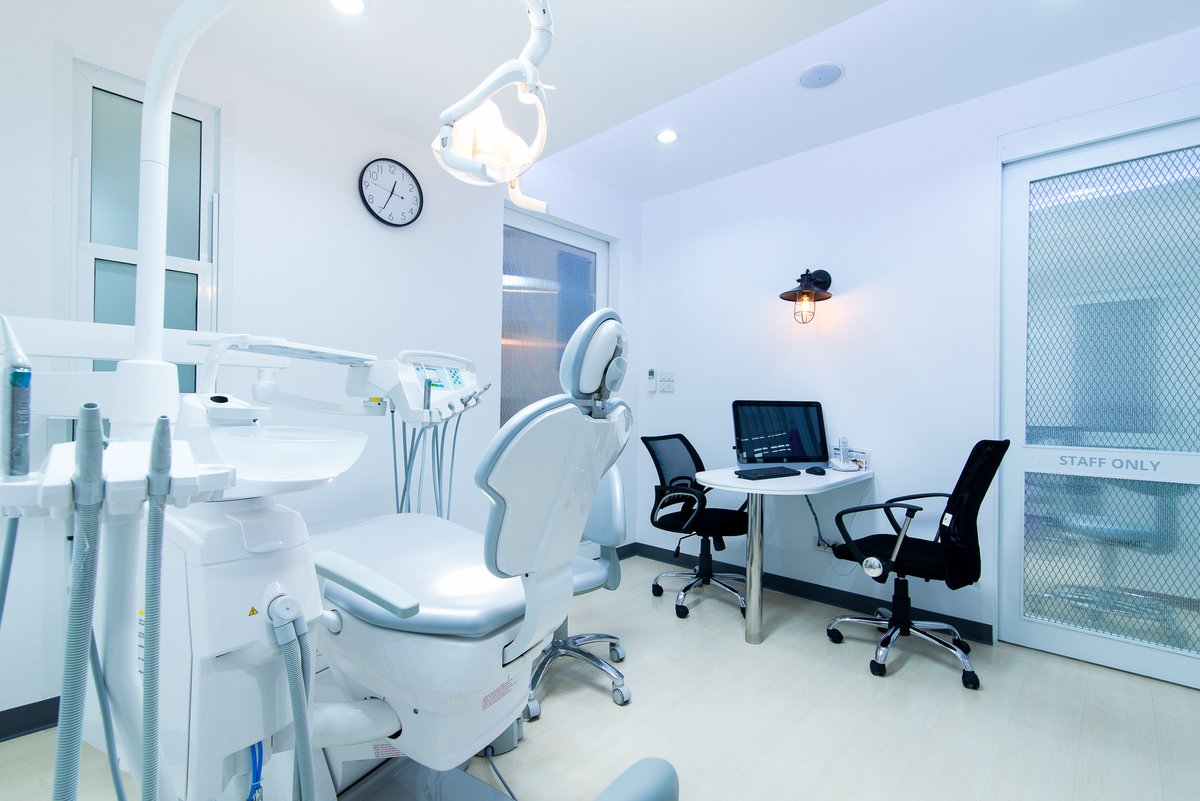The importance of diversity in the healthcare industry cannot be overstated. Having a diverse healthcare workforce can improve healthcare outcomes, as patients are more likely to trust and communicate effectively with healthcare providers who share their cultural background. However, despite the undeniable need for diversity in the medical field, Black doctors represent only a small percentage of the total number of practicing physicians in the United States.
Black primary care doctors are an essential part of the healthcare industry. They can provide culturally sensitive care and help address health disparities that disproportionately affect Black patients. However, the lack of diversity in the medical field has led to a shortage of Black doctors. In this article, we will discuss why Black primary care doctor is essential, the challenges they face, and how we can support and encourage more Black individuals to become doctors.
The Need for Diversity in the Medical Field
The lack of diversity in the medical field has been a longstanding issue. According to data from the Association of American Medical Colleges, while Black people make up 13% of the US population, they account for only 5% of practicing physicians. Studies have shown that a diverse healthcare workforce can improve healthcare outcomes. Patients are more likely to trust and communicate effectively with healthcare providers who share their cultural background. Additionally, having more diverse healthcare providers can help address health disparities that disproportionately affect marginalized communities.
Challenges Faced by Black Primary Care Doctors
Despite the importance of diversity in the medical field, Black primary care doctors face significant challenges. One of the biggest challenges is the lack of representation in medical schools and residency programs. The cost of medical education is also a barrier for many aspiring Black doctors. According to the Association of American Medical Colleges, the median debt for Black medical school graduates is higher than that of white medical school graduates. This debt can make it difficult for Black doctors to pursue careers in primary care, which typically pay less than specialty fields.
Black primary care doctors also face discrimination and bias from patients and colleagues, which can lead to feelings of isolation and burnout. Black doctors have reported being mistaken for other healthcare providers, being called derogatory names by patients, and being subjected to racial slurs and microaggressions by colleagues. These experiences can take a toll on the mental and emotional well-being of Black primary care doctors.
Encouraging More Black Individuals to Become Doctors
To address the challenges faced by Black primary care doctors, we must encourage and support more Black individuals to pursue careers in medicine. This can be done through initiatives that provide mentorship and financial support to aspiring Black doctors. For example, the National Medical Association, which represents Black physicians and advocates for the health of Black communities, offers mentorship and scholarship programs for aspiring Black doctors.
Medical schools and residency programs can also implement policies and practices that promote diversity and address bias and discrimination. This can include recruiting and retaining more Black faculty members and implementing training programs for healthcare providers on cultural competence and implicit bias.
The Benefits of Having Black Primary Care Doctors
Having more Black primary care doctors can benefit both patients and the healthcare industry as a whole. Black doctors can provide culturally sensitive care and help address health disparities that disproportionately affect Black patients. For example, Black patients are more likely to suffer from hypertension, diabetes, and heart disease than white patients. Black doctors can help address these disparities by providing targeted care that takes into account the unique experiences and needs of Black patients.
Additionally, Black doctors can serve as role models and mentors for aspiring Black doctors, helping to increase diversity in the medical field. Seeing someone who looks like you in a position of authority and influence can be incredibly empowering and inspiring. By increasing the number of Black doctors, we can create a virtuous cycle that encourages even more Black individuals to pursue careers in medicine.





